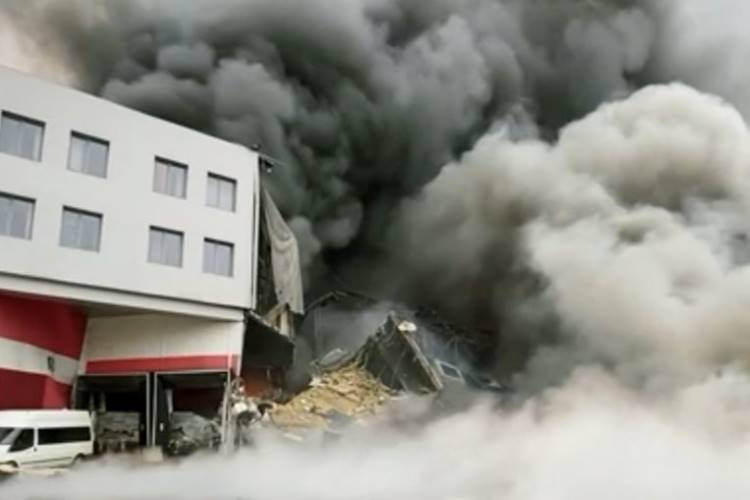
The Russian invasion of Ukraine has brought to the fore the call for UN reforms. Russia, a permanent member responsible for upholding world peace, is violating Article 2 of the UN Charter and the Geneva Conventions of 1949 by bombing civilian areas and killing innocent people. The unilateral military action by a permanent member substantiates the argument that fairer representation of developing countries in the UN will give the body better judgment.
The invading forces have failed to respect the human rights of those living in the warzone and ensure civilians smooth passage to safety. This has exposed civilians in the conflict zone. The invasion has exposed the weakness of the United Nations system, especially the ability of the Security Council to ensure peace and security. It proves beyond doubt that the veto power enjoyed by permanent members is a stumbling block to achieving world peace.
READ I Russia may pay a price for Putin’s Ukraine misadventure
Chapter I, Article I of the UN Charter says that the foremost purpose of the organisation is to maintain peace and security. The function of the Security Council is to address threats to peace and acts of aggression and achieve peaceful settlement of disputes, say Chapters VI and VII of the UN Charter. While the post-Covid world is focusing on inclusive growth, the focus is now shifting back to ensuring peace, security and human rights. The focus of the UN is to defend life, liberty, independence, freedom and, most importantly, justice to humankind.
Call for UN reforms
The veto power enjoyed by the five permanent members of the Security Council — China, France, Russia, the United Kingdom, and the United States– under Article 27 is an obstacle to the fulfillment of the UN’s mission. The invasion of Ukraine is testimony to the Security Council’s inability to achieve peace when the interests of permanent members are involved.
READ I Russian invasion of Ukraine: Implications for Indian economy
The sanctions on Russia for Ukraine war are now more in the digital domain than in just trade ties. The removal of Russia from the SWIFT system of digital transactions will cripple its economy and prove to be a deterrent to such tendencies. If digital sanctions against trade, oligarchs and businesses prove to be effective, the credibility of the UN system will come under a cloud. The UN could be reduced to a symbol or an obsolete system where resources are poured into a solution that is irrelevant.
Russia’s veto in the Ukraine conflict will see the NATO allies imposing sanctions via a ‘coalition of the willing’. The allies have removed Russia from the dollar-based payments system. However, sanctions imposed by and enforced through the Security Council would have been much more potent.
The UN is now facing one of its toughest tests that could reduce it to mere symbolic diplomatic jousts. The office of the Secretary General is funded mostly by the rich nations and is dependent on their goodwill. One of the five permanent members violating the convention by attacking civilian areas is a matter of great concern for world peace. The UN must metamorphose in a manner in which it is capable of taking stringent action to uphold war protocols and prevent war crimes.
Dr Aruna Sharma is a New Delhi-based development economist. She is a 1982-batch Indian Administrative Service officer. She retired as steel secretary in 2018.

